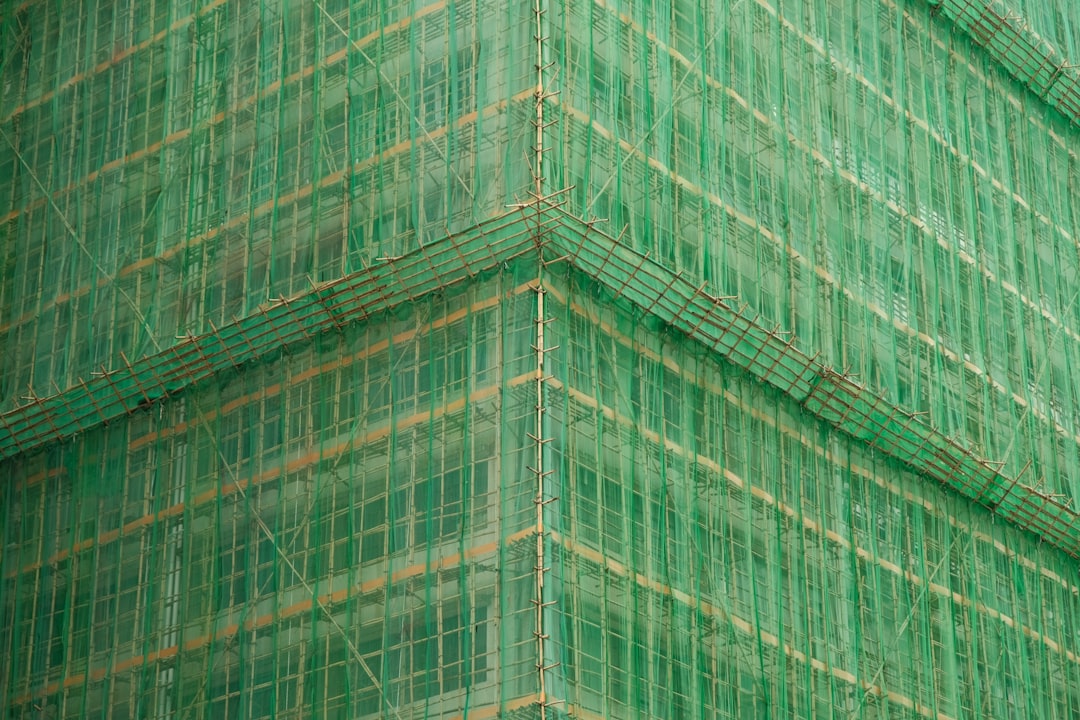
For construction professionals, accurately estimating the cost of water softener systems is essential. Prices range from $1,200 to $3,800, influenced by system type and installation complexity. This guide provides insights into these costs and how precise estimates can be achieved.
The grain rating indicates how much hardness a unit can handle before regeneration. Systems range from 24,000 to 48,000 grains, with larger tanks offering long-term savings.
• Salt-based ion exchange – Best for extremely hard water.
• Salt-free conditioners – Require less maintenance.
• Dual-tank systems – Provide continuous soft water but are more costly.
New construction installations are straightforward, while retrofits may involve additional labor. Accurate estimates account for these variables.
Compliance with local codes can add to labor costs. Staying updated with permit requirements is crucial for accurate planning.
Consider lifetime costs of salt, potassium, and filter replacements. A five-year cost-of-ownership table can assist in budgeting.
Equipment: Entry-level units start at $1,200, mid-grade systems range from $1,200 to $3,800, and premium units average $1,500 to $4,500.
Installation: New builds may cost $500 to $3,000, while retrofits can range from $800 to $4,000.
Total Price of Water Softener Package: $1,200 to $3,800, depending on equipment and installation complexity.
1. Capture site notes or client calls.
2. Upload blueprints or photos.
3. Analyze data for a detailed estimate.
4. Receive a line-item breakdown.
5. Generate proposals or invoices efficiently.
This process reduces errors and outdated pricing, allowing builders to focus on client relationships.
• Use hardness test strips to select the right capacity.
• Combine installations to save on labor.
• Offer salt-delivery subscriptions.
• Include bypass loops in new specs.
• Bundle services for material discounts.
For precise water softener pricing, visit CountBricks.com to review your plans and receive a proposal.

The Stonebrook project involved a 1980s retrofit with significant water hardness. Initial quotes varied widely due to reliance on averages.
1. Conducted a voice walk-through.
2. Uploaded floor plans for analysis.
3. Sourced real-time pricing for a 40,000-grain softener.
4. Allocated labor efficiently.
• Equipment: $755
• Materials and fittings: $200
• Labor: $600
• Permit and inspection: $150
Total Price of Water Softener Package: $1,500
The homeowner saved over $700 compared to traditional bids. The final invoice matched the initial quote, ensuring transparency and satisfaction.
• Predictable Profit: Eliminate contingency padding.
• Faster Closeout: Speed up orders and permits.
• Client Trust: Transparent costs lead to approval and positive reviews.
For accurate pricing on any project, visit CountBricks.com.